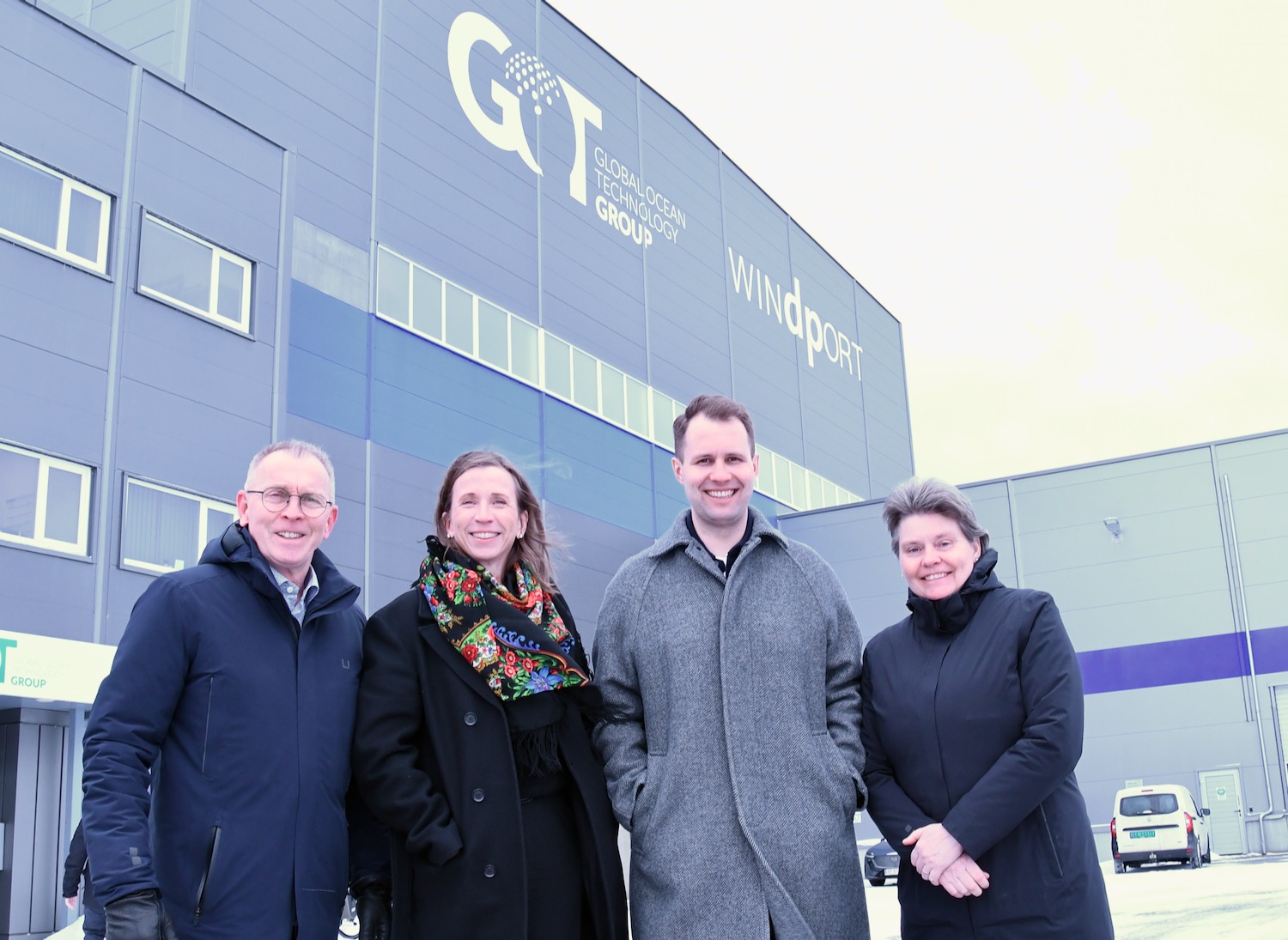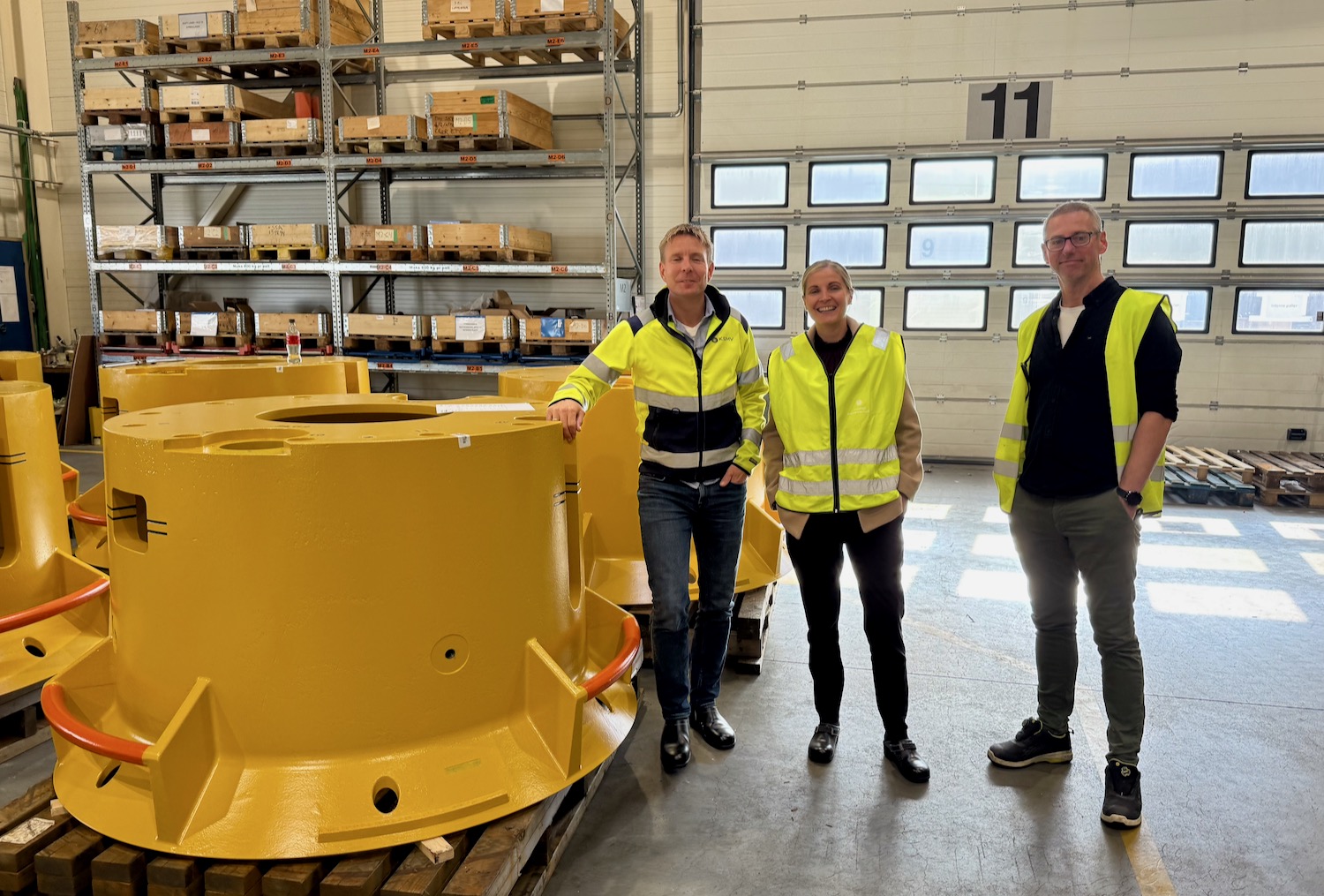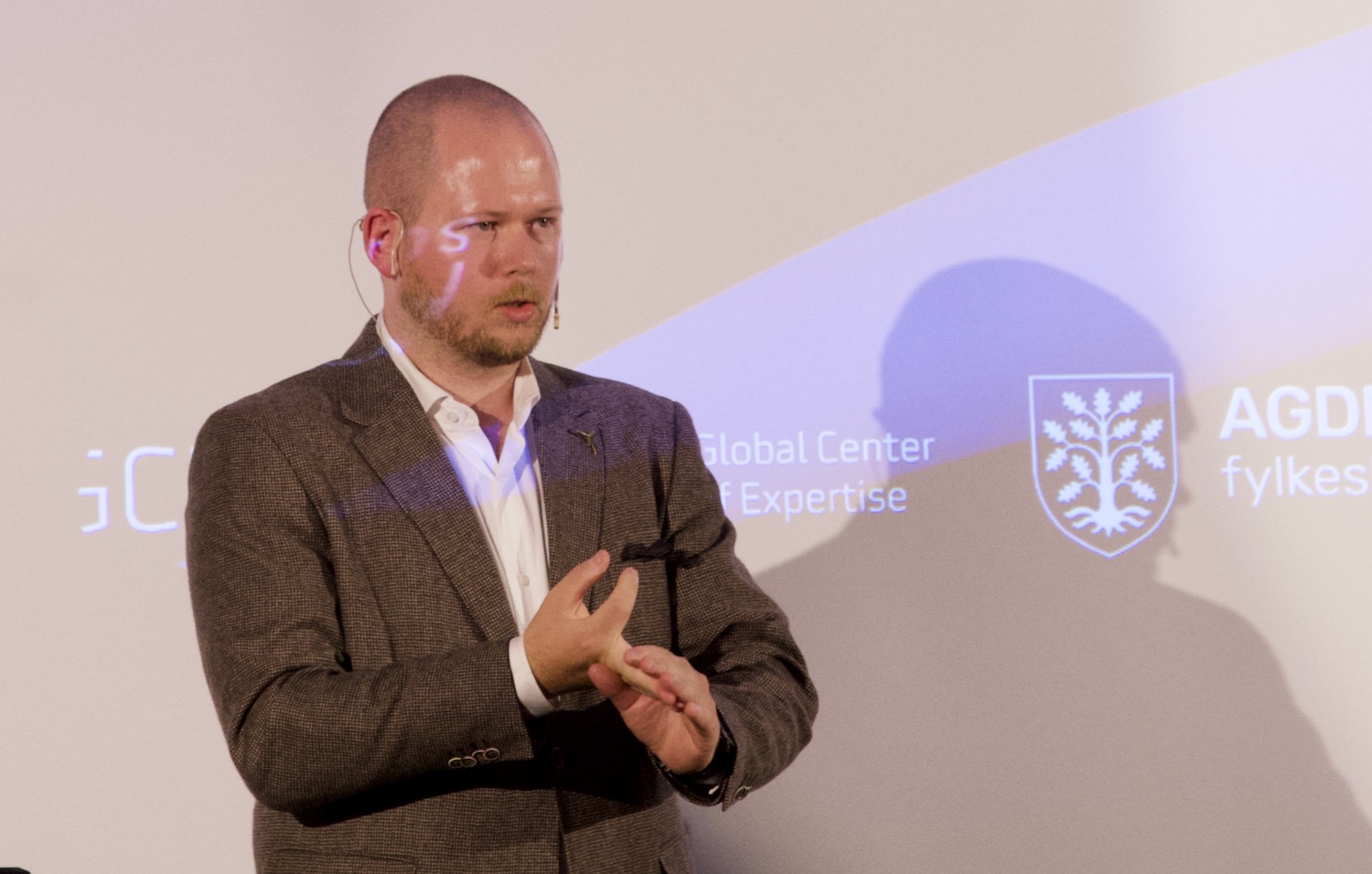Out of 47 applications, 19 were granted funding, and the “NorTex Data Science Cluster” project was one of them. This is a collaboration project initiated by IRIS, University of Agder, GCE NODE, Rice University and University of Texas at Austin.
“This enables us to establish close international relations within data science og data analytics. These are important areas for us”, says Marit Dolmen, RD&I Manager at GCE NODE.
IRIS and University of Agder have applied as host institutions for the SFIs DrillWell and Offshore Mechatronics. IRIS has led the work with the proposal and will be the project leader. The project will finance several activities to stimulate and promote research collaboration between Norwegian and US partners, not limited to the mentioned partners, but will include other academic institutions or industrial companies relevant for the proposed Data Science Cluster.
With the proposed NorTex Data Science Cluster the partners of this project will generate a long-term active partnership under the already established NorTex umbrella. NorTex is built on the existing initiatives carried out by the Norwegian Consulate General in Houston, Innovation Norway, INTSOK, and the Norwegian-American Chamber of Commerce in Houston.
The NorTex Petroleum Cluster has been active since the Transatlantic Science Week in November 2012. Among the US partners are Rice University and the University of Texas at Austin. In 2014, Jan E. Odegard at Rice University developed a vision paper under the name NorTex Data Science Cluster. The main area of focus for the proposed NorTex Data Science Cluster is to initiate and expand collaboration on education and research within Data Science and Data Analytics between universities and industry in Norway and Texas, and further to integrate relevant industry into the different university collaborations.
ABOUT INTPART
The main goal of INTPART (an RCN scheme) is to develop world class higher education and research institutions in Norway by promoting and funding long term institutional partnerships with strong academic groups and institutions in eight prioritized countries; Brazil, Canada, China, India, Japan, Russia, South-Africa and the USA.
The scheme aims to increase the quality and relevance of cooperation with selected countries, particularly through integration of the higher education and research components, and it is open to cooperation with innovation and private sector actors of relevance to the project.



